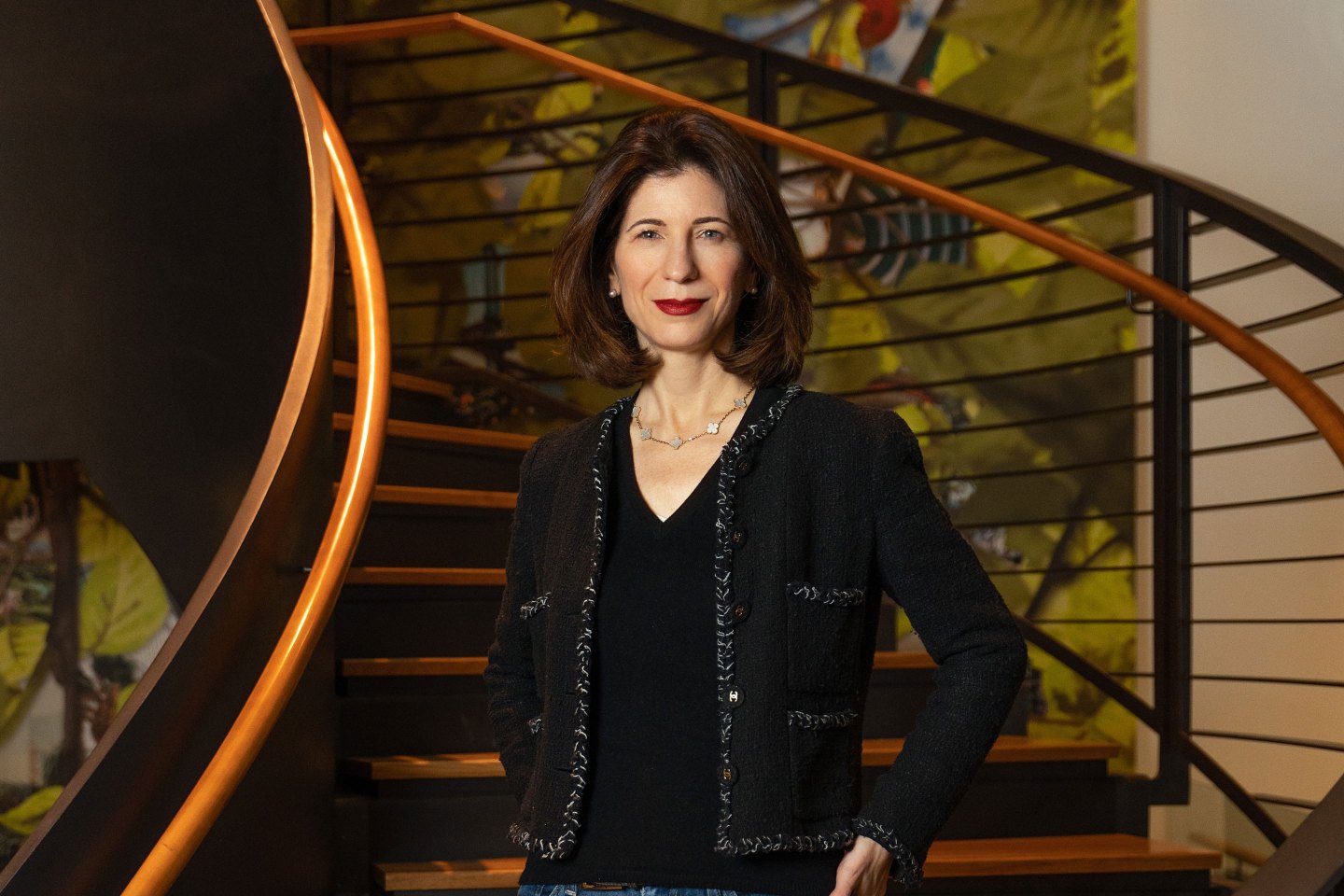This article originally ran in Term Sheet, Fortune’s newsletter about deals and dealmakers. Sign up here.
Electric scooter company Bird has added even more capital to its war chest and acquired a small micro-mobility player in Europe.
Three months ago, Bird announced $275 million in Series D funding led by CDPQ and Sequoia Capital. Now, it’s adding another $75 million, bringing the size of the round to $350 million.
It also acquired a rival called Circ, a Berlin-based scooter rental startup that had reportedly been struggling since late last year. It underwent layoffs and has done some restructuring in hopes of “becoming unit economic profitable” in 2020, according to TechCrunch. The company was trying to raise another round of funding, prompting the acquisition talks with Bird.
Thanks to the deal, Bird will add more than 300 employees to its European operations and further its expansion on the continent. A representative for Bird told Term Sheet that the company is “still working through” what the expansion plans entail, but it will use its fresh funding to “continue on its path to profitability and ongoing vehicle research and development.”
“Investors today are looking for financially disciplined companies with a clear path to profitability,” said Bird CEO Travis VanderZanden in a news release. “More than 12 months ago we shifted our focus from growth to profitability which put us in a position to deliver the strongest unit economics and longest-lasting custom-designed vehicles of any micro-mobility company today.”
Profitability is a hot topic these days. I recently wrote about scooter startup Lime’s plans to lay off 14% of its staff — approximately 100 people — as it pulled out of a dozen markets in the U.S. and abroad. At the time, co-founder and CEO Brad Bao said, “Part of realizing our vision to transform urban mobility is achieving financial independence; that is why we have shifted our primary focus to profitability.”
Because the scooter economy has largely been fueled by fast growth, fierce competition, and unsustainable business models, profitability has typically been left on the backburner. In the past, venture capital firms that fund “unicorns” have had a much higher tolerance for forgoing profitability for growth, but as more and more of these unicorns trot to the public markets, the sentiment has begun to change.
When asked why Bird has decided to shift its focus from growth to profitability, the Bird representative pointed me to this quote from VanderZanden: “Gone are the days when top line growth was the leading KPI for emerging companies. Positive unit economics is the new goal line.”
Ain’t that the truth. For all the “pivoting to profitability” talk going on in Silicon Valley, it’s refreshing to see that companies are finally starting to take it seriously.
THE MELINDA GATES PLEDGE: In October, Melinda Gates pledged $1 billion toward expanding women’s power and influence in the next decade. Now, she’s taking steps to make good on that pledge. She plans to invest $50 million in creating more tech opportunities for women across three “inclusive tech hubs” in Chicago and two other yet-to-be-named cities over the next five years.
When I interviewed Gates for 5 Qs With a Dealmaker, she said, “Ultimately, if we want more innovation and better products, we’ve got to put more money behind women and minorities. That wasn’t happening, so I decided to step in and see what I could do to help a little bit.”
I’m very curious to see how her dollars translate into societal change.
Polina Marinova
Twitter: @polina_marinova
Email: polina.marinova@fortune.com
VENTURE DEALS
- ActiveCampaign, a Chicago-based provider of email marketing solutions, raised $100 million in Series B funding. Susquehanna Growth Equity led the round, and was joined by investors including Silversmith Capital Partners.
- Frontify, a Switzerland-based brand management platform, raised $22.3 million in Series B funding. EQT Ventures fund led the round, and was joined by investors including Blossom Capital, Datartis Ventures and Thomas Dübendorfer, Tenderloin Ventures, and Myke Näf.
- Persona, a San Francisco-based identity verification startup, raised $17.5 million in Series A funding. Investors include Coatue and First Round Capital.
- SuperAwesome, a U.K.-based operator of a kidtech platform, raised $17 million in funding. Investors include M12, Mayfair Equity, Hoxton Ventures, and Ibis.
- Wheel, an Austin-based digital health company, raised $13.9 million in Series A funding. CRV led the round, and was joined by investors including Tusk Venture Partners and Silverton Partners.
- P2 Science Inc., a Woodbridge, Conn.-based renewable chemistry company, raised $12 million in Series C funding. HG Ventures and Chanel led the round, and were joined by investors including Xeraya Capital, BASF Venture Capital, Elm Street Ventures, Connecticut Innovations and Ironwood Capital Connecticut.
- AppOmni, a San Francisco-based provider of a Software-as-a-Service security and management platform, raised $10 million in Series A funding. ClearSky led the round, and was joined by investors including Inner Loop Capital, Costanoa Ventures, Silicon Valley Data Capital, and Twilio’s COO George Hu.
- AdmitHub, a Boston-based developer of a conversational AI platform, raised $7.5 million in funding. Investors include Salesforce Ventures, the Google Assistant Investments program, University Ventures, Reach Capital, Relay Ventures, and Rethink.
- Knox Financial, a Boston-based investment property ownership platform, raised $3 million in seed funding. Greycroft led the round, and was joined by investors including Pillar VC.
- NexTravel, a New York-based business travel platform, raised $2.4 million in Series A funding. Investors include Pipeline Angels and Quest Ventures.
PRIVATE EQUITY DEALS
- Mercer Global Advisors, Inc, a portfolio company of Oak Hill Capital and Genstar Capital, acquired First Ohio Planning, a Columbus-based wealth management firm. Financial terms weren't disclosed.











